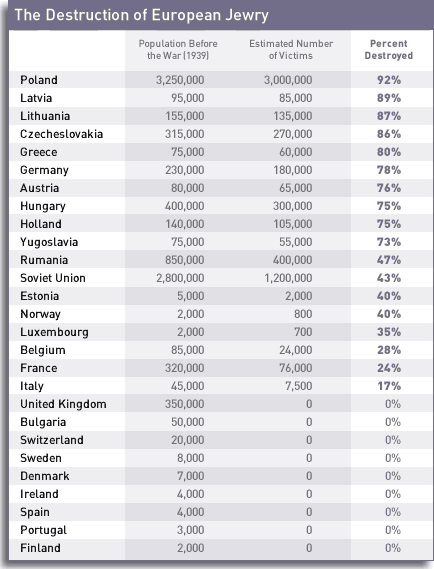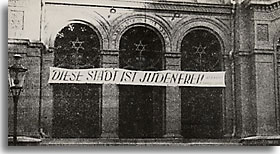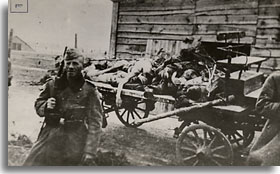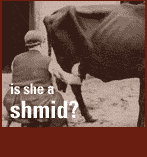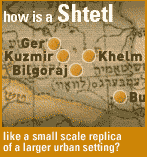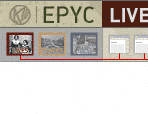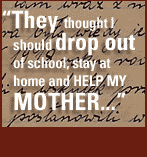

Introduction: The World Wars
(1914-1918; 1939-1945)
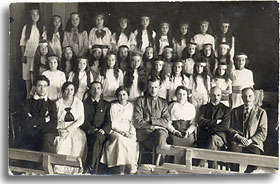

The Jews of Poland were not strangers to the winds of war. Poland had long been a land torn by the power struggles of the empires to its east and west. In the First World War (1914-1918), which was triggered by the assassination of Archduke Ferdinand of Austria in Sarajevo, the Central Powers of Austria-Hungary, Germany, Bulgaria and the Ottoman Empire waged war against Imperial Russia, France, Great Britain, and the United States. During the war, the Jews who lived in Poland experienced life under occupation, with borders shifting between Germany, Russia, and Austria-Hungary over the course of the war. When World War I came to an end, Poland was finally reconstituted as an independent state. To the west, however, many in Germany were unsettled by the defeat in the war. The German desire for expansion would express itself within two decades in a new war - World War II, 1939-1945 - which would once again envelop the Jews as victims caught in the cross-fire; moreover, this time the war would directly target the Jews. Adolf Hitler had promised that the next world war would be one of Jewish annihilation. When Germany invaded Poland in September 1939, three million Jews came under Nazi rule; in June 1941, Germany invaded the USSR and the Nazi fire surrounded another two million Jews.
